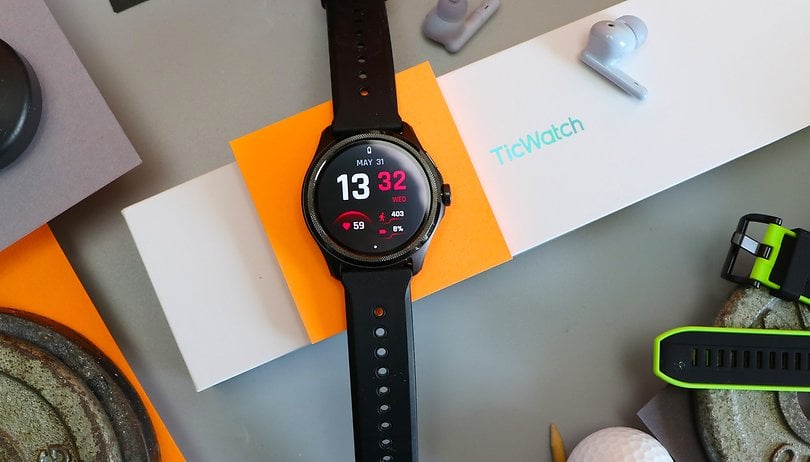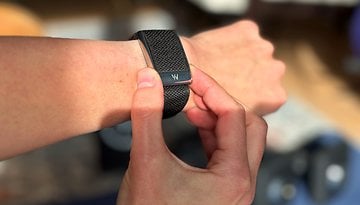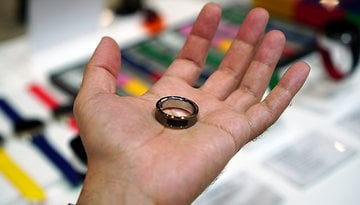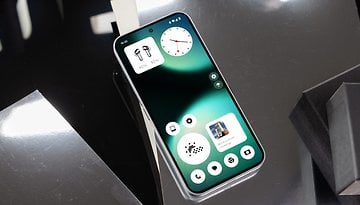Solid-State Batteries Could Significantly Improve Smartwatch Battery Life


For years, middling battery life has remained one of the biggest shortcomings in wireless headphones and smartwatches, primarily due to their compact form factor and slow advancements in lithium-ion batteries. A new technological development in solid-state batteries seems poised to tackle this significant issue that users grapple with every day.
Solid-state batteries offer considerable advantages, such as arriving in a very thin package compared to the lithium-ion batteries found in most electronic devices today. While the adoption of solid-state batteries has yet to be expanded into more categories, manufacturers continue to develop and improve this new cell type.
Promising battery life for wearables
In a press release, Japan’s TDK Corporation announced it has developed a new type of solid-state battery under its CeraCharge brand. The new material is said to feature a notably higher battery density of 1,000 Wh/l (watt-hour per liter), which is similar to what Xiaomi achieved last year.
In comparison, this battery has about 2 to 3 times higher than conventional lithium-ion with an average of 250 Wh/l. So, you can expect that a smartwatch that lasts 2 days between charges would be able to get 4 to 6 days of running time with a solid-state battery.
The company highlighted that it was able to achieve this by utilizing an oxide-based electrolyte and lithium alloy anodes, allowing them to squeeze in more juice in a very tiny and thin package.

According to TDK, it will incorporate the new solid-state batteries in smaller form factors, such as in wearables, rather than in electric vehicles or smartphones, which is what Xiaomi intends to do. In addition, it mentioned this type of battery would adhere to the EU’s battery regulation that plans to replace coin batteries in devices with rechargeable batteries.
The outright benefits of the new solid-state battery include a battery life that might last multiple times longer. Wireless headphones, smart rings, and smartwatches could also become even thinner and lighter. It also mentioned these components make it “extremely safe” to use as they are resistant to fire and explosions.
However, it is likely a few more years are required before we see this technology arrive in these devices. There are also factors like solid-state batteries being costly to mass produce.
What are your thoughts about devices switching to solid-state batteries? Do you think it is a better solution than lithium-ion batteries? Let's discuss your opinion in the comments.
Updated on June 19, at 9:30 am EST: In a previous version, this article wrongly stated that the energy density of the new battery technology was 100x higher than existing solid-state batteries technologies. As Golem.de points out, this mistake in TDK's original press release may have been the result of a translation error.













